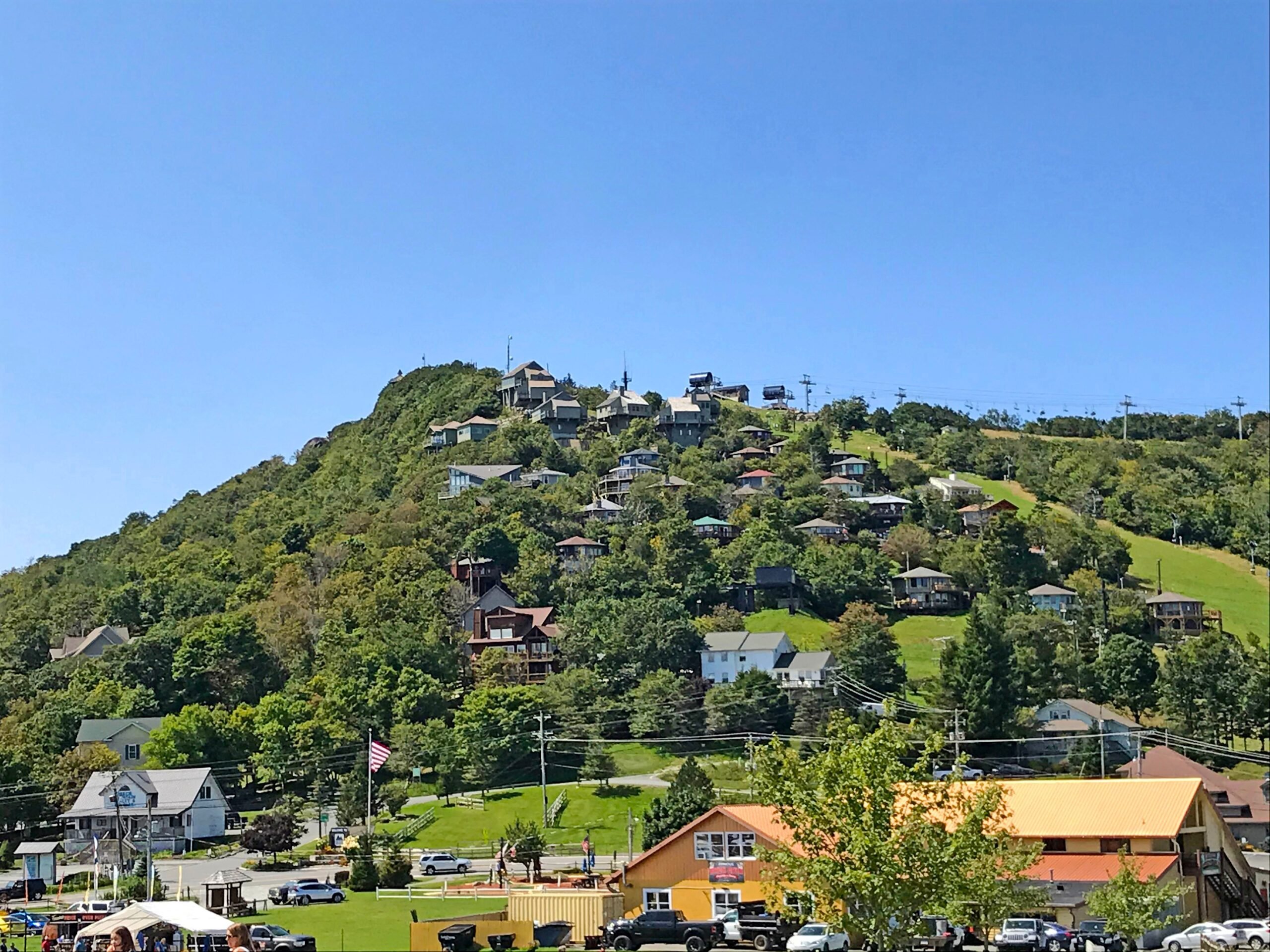Humanity

Monk sitting with crossed hands resembles humility and humanity
“An individual has not started living until he can rise above the narrow confines of his individualistic concerns to the broader concerns of all humanity.”
– Martin Luther King, Jr.
The natural beauty of the mountains of North Carolina has beckoned travelers for decades. When autumn arrives and vibrant shades of gold, orange, yellow, and red paint the landscape, even more visitors arrive. Residents and business owners eagerly anticipate the fall season and welcome travelers with a smile. But in September 2024, in the midst of the colorful season an unwelcome guest arrived…Hurricane Helene. The horrific storm caused significant damage to many mountain towns in the North Carolina mountains, and some have still not recovered. Lives, businesses, and property were lost to the storm.
In this episode of World Footprints, hosts Tonya and Ian Fitzpatrick take you on an unforgettable journey through one of the most poignant chapters of history—the liberation at the end of World War II. Joined by special guest Michael Bell, Executive Director of the Institute for the Study of War and Democracy, the Fitzpatricks delve deep into the newly opened Liberation Pavilion at the National WWII Museum in New Orleans.
Theatre of Memory in Gainesville, Florida displays one mans collection of memories across a wide variety of topics.
When people think of Southeast Asia, Thailand and Vietnam often come to mind first. But squeezed between them is Laos, a country covered in dense jungles and lush mountains perfectly suited for growing coffee, a relatively new crop that has grown recently in importance to the nation’s economy.
On March 30, 1942, armed soldiers with rifles and bayonets marched 276 men, women, and children of Japanese descent aboard a ship to be sent to exclusion camps. Most of them were American citizens. This didn’t happen in Japan or some foreign country. It happened on Bainbridge Island, Washington.
The Let the World See exhibit tells both Emmett’s story but also illuminates the courage of his mother, Mamie Till-Mobley, who insisted on an open casket funeral for her son so that the world could see the brutality of his senseless murder. Her act fueled a movement that changed the nation.
Irene patiently showed me her technique for rolling clay into beads using a tiny mold. While I needed more practice, the women at Kazuri worked diligently to produce ceramic jewelry. Kazuri, located in Nairobi, employs single mothers. This small business provides a daily income and healthcare in a country where women are often marginalized.
Join World Footprints as we learn about the cultural heritages of Brooklyn’s Hasidic Community and Ecuador’s Huaorani people.
Islam is the second-most followed religion after Christianity. Out of the 195 countries on Earth, 56 have a Muslim majority and are governed by Muslims.
One of the best parts of traveling is discovering the history of the place you are visiting. I like to consider myself a bit of a history buff, so when I booked a weekend trip to Poland while studying abroad in London, I knew I would spend most of my time learning firsthand about World War II.
Changing careers from an estate and trust administrator (think death and taxes) to a travel journalist brought me more than a flexible fulfilling career.
Until I spent time in Palestine’s West Bank, seeing it with my own eyes and listening to people’s stories...I didn’t have a grasp or understanding of what was happening or why.














